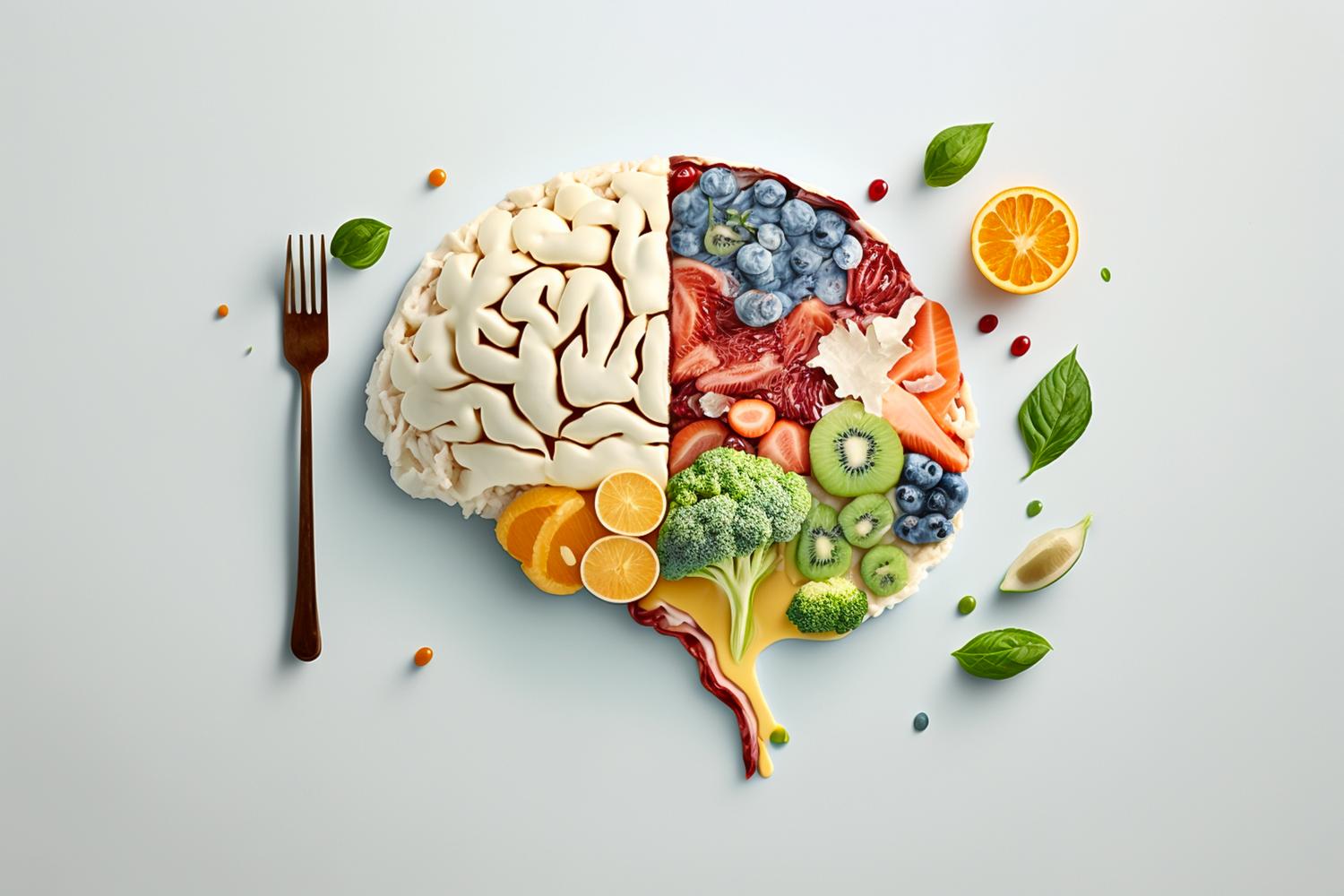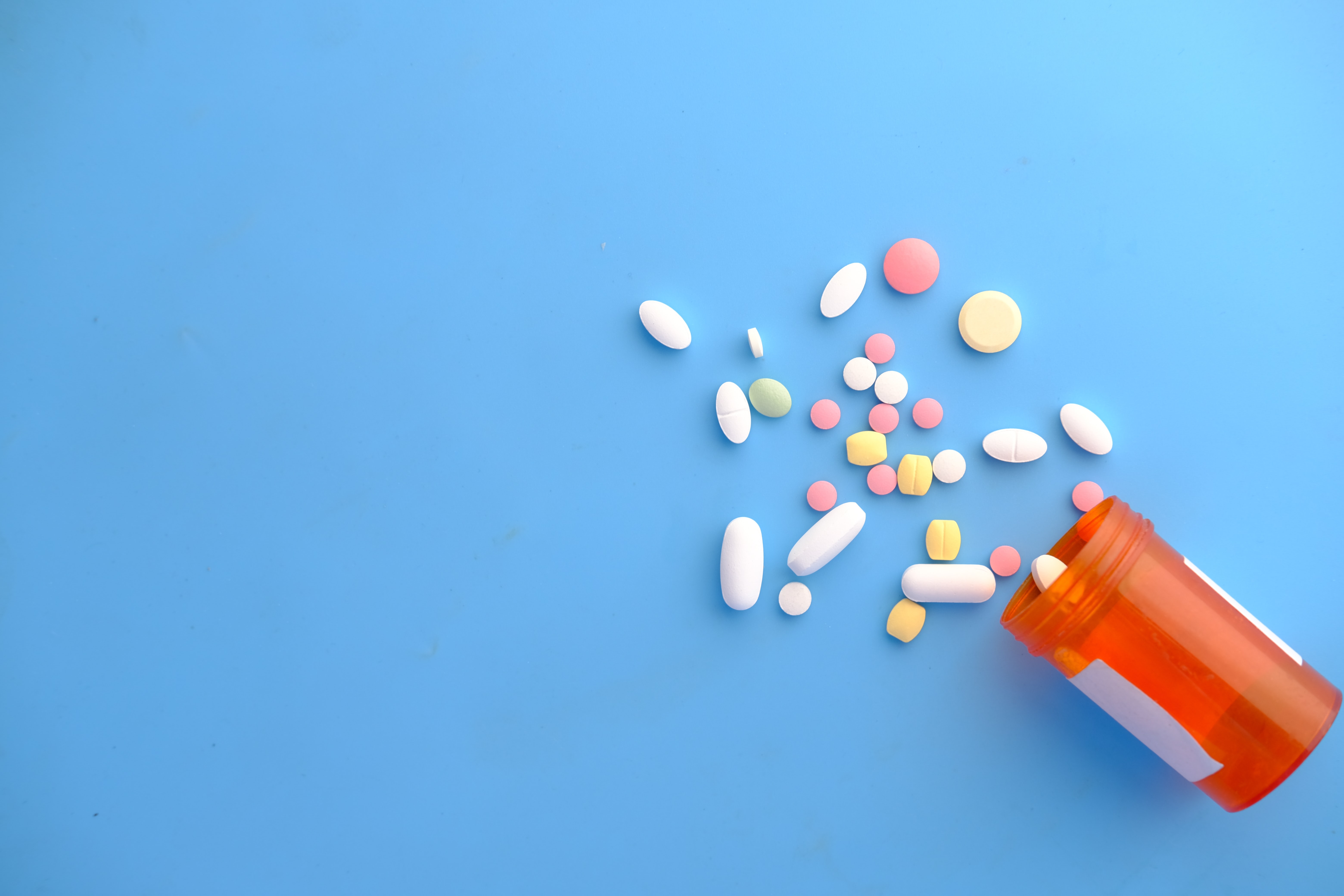What is the Microbiome? How Your Gut Affects Your Health
Understanding the human gut microbiome
A microbiome is an ecosystem made up of trillions of organisms. Your intestinal tract—known as your gut—has a microbiome of its own, a population of trillions of microorganisms that play a vital role in human health.
In this article, we’ll investigate the gut microbiome, how it affects your health, and what you can do to keep it healthy.
What is the microbiome?
The microbiome is like the densest city imaginable, a teeming population of microorganisms—also known as gut microbes or gut microbiota—that work together to support gut health, immune system health, mental health, and more.
You contain more bacterial cells than human cells. Your microbiome comprises 38 trillion different species of bacteria (compared to 30 trillion human cells). However, healthy microbial communities are made up of more than just bacterial species. They also consist of viruses, fungi, and parasites.
Healthy microbial diversity means that helpful “commensal” organisms live peacefully with pathogens (organisms that can cause disease and infection). The good microorganisms keep the harmful microorganisms in check.
Babies are first exposed to microbes in the womb. They encounter more microbes as they pass through the vaginal canal during birth. Newborn babies develop bifidobacterium as one of the microbes that make up the majority of your microbiome early in life. Bifidobacterium helps digest carbohydrates from breast milk. The microbiome begins to diversify as babies eat different foods and are exposed to various environmental factors. The unique exposure makes your microbiome like a fingerprint; it’s unique to you.
How does the microbiome affect your health?
Human gut microbiota in the microbiome work together to affect your health.
Here are some of the important roles these microbiota play:
Digestion and metabolism: Short-chain fatty acid enzymes (known as metabolites) in the microbiome help digest dietary fiber, carbohydrates, and proteins. Proper digestion of these nutrients helps to activate their benefits in the body. Dietary fiber lowers blood pressure and prevents weight gain. It also clears lipids from the gastrointestinal tract, which can reduce your cholesterol. Altogether, dietary fiber helps to prevent conditions like cardiovascular disease, diabetes, and obesity. In addition to fiber digestion, gut bacteria help digest crucial vitamins, minerals, and amino acids that contribute to overall health.
Maintaining the immune system: An imbalance in gut bacteria (known as dysbiosis) can lead to various autoimmune diseases, such as inflammatory bowel diseases (IBD) like Crohn’s disease, ulcerative colitis, and irritable bowel syndrome (IBS). Dysbiosis can also lead to health problems like obesity and type 2 diabetes. Healthy bacteria keep harmful bacteria, viruses, and parasites in check, preventing the conditions listed above. Your gut contains about 80% of your body’s immune cells. This usually means a healthy gut means a strong immune system.
Mental health: The gut-brain axis is a communication system between the central nervous system and the gut. As we’ve detailed, mental health conditions can affect the balance of the gut. Similarly, an imbalance in the gut can increase your risk for mental health issues like depression and anxiety. On the other hand, a healthy microbial balance in the gut may play a role in treating conditions like depression and anxiety.
Skin health: The overgrowth of certain gut bacteria has been shown to result in skin conditions like acne, rosacea, and eczema. Maintaining a healthy gut can help prevent the development of these conditions.
There are many ways gut health impacts your overall health. Microbiology has found that the gut microbiome contains more genes than the human genome, making it a wildly complex “organ” deeply linked to the health of the whole human body. The factors listed above represent some of the most important ways the gut impacts the body around it.
What are the signs of an unhealthy gut?
You obviously can’t keep track of the intricate balance between trillions of helpful and harmful microorganisms. There are gut microbe testing kits available on the market, but healthcare providers usually do not recommend these tests. Despite this, there are several signs that you may be experiencing an overgrowth of pathogens in your gut.
Symptoms of an unhealthy gut include:
- Diarrhea
- Bloating
- Gas
- Heartburn
- Constipation
- Stomach pain
If you experience these symptoms for more than a day or two, talk to a healthcare provider to discuss a diagnosis and treatment options.
How do I keep my gut healthy?
You can use several simple interventions to improve and maintain the health of your gut microbiome.
These include:
Eat whole grains: Whole grains like rice, barley, and oats are rich in dietary fiber. This has a prebiotic effect on the gut microbiome, helping feed the good bacteria that aid digestion and weight management.
Eat fermented foods: Fermented foods contain probiotic bacteria, which can contribute to improved gut health. Add foods like sauerkraut, kimchi, and kefir into your diet to start getting the benefits of these gut-healthy organisms.
Eat a diverse diet: Eating a wide range of foods—especially fruits and vegetables—makes your microbiome more diverse. Greater microbial diversity gives healthy organisms in your gut a competitive edge over harmful pathogens. Eat a broad array of produce to expose your gut to prebiotics. Aside from whole grains, foods that offer a good source of prebiotics include:
- Garlic
- Bananas
- Asparagus
- Artichokes
- Dandelion greens
- Onions
Avoid sugary foods: Sugary foods, especially those containing high-fructose corn syrup, can lead to a bacterial imbalance in the gut. While you don’t need to avoid sweets altogether, limit your consumption of these foods. You should also monitor how often you eat foods that contain artificial sweeteners like aspartame, as this substance can also increase the amount of harmful bacteria in the gut.
Do not overuse antibiotics: Antibiotics can kill good bacteria along with the bad. While antibiotics are necessary for treating bacterial infections, using them too much can lead to an imbalance in your gut microbiome. This can encourage the overgrowth of harmful bacteria resistant to antibiotic drugs. If you have been given antibiotic medication, use the drugs as directed by your healthcare provider. Do not use antibiotics without a prescription or take more antibiotics than you are prescribed.
Should I take a probiotic supplement?
There are hundreds, if not thousands, of probiotic supplements available. However, the FDA does not regulate supplements. Because of this, you can’t really know whether or not the supplement bottle you picked up at a grocery store is a quality product. You can, however, get plenty of probiotics from food.
Healthy probiotic food options include:
- Yogurt
- Kefir
- Sauerkraut
- Kimchi
- Miso
- Tempeh
- Pickles (fermented)
- Sourdough
- Kombucha
- Cottage cheese
How Sesame can help
Getting your gut right is crucial to your health. If you want to know more about gut health or are experiencing symptoms of a stomach problem, book an online doctor appointment on Sesame to discuss your concerns with a a healthcare provider. Healthcare providers on Sesame can offer medical advice, prescribe medication, and answer any questions.









